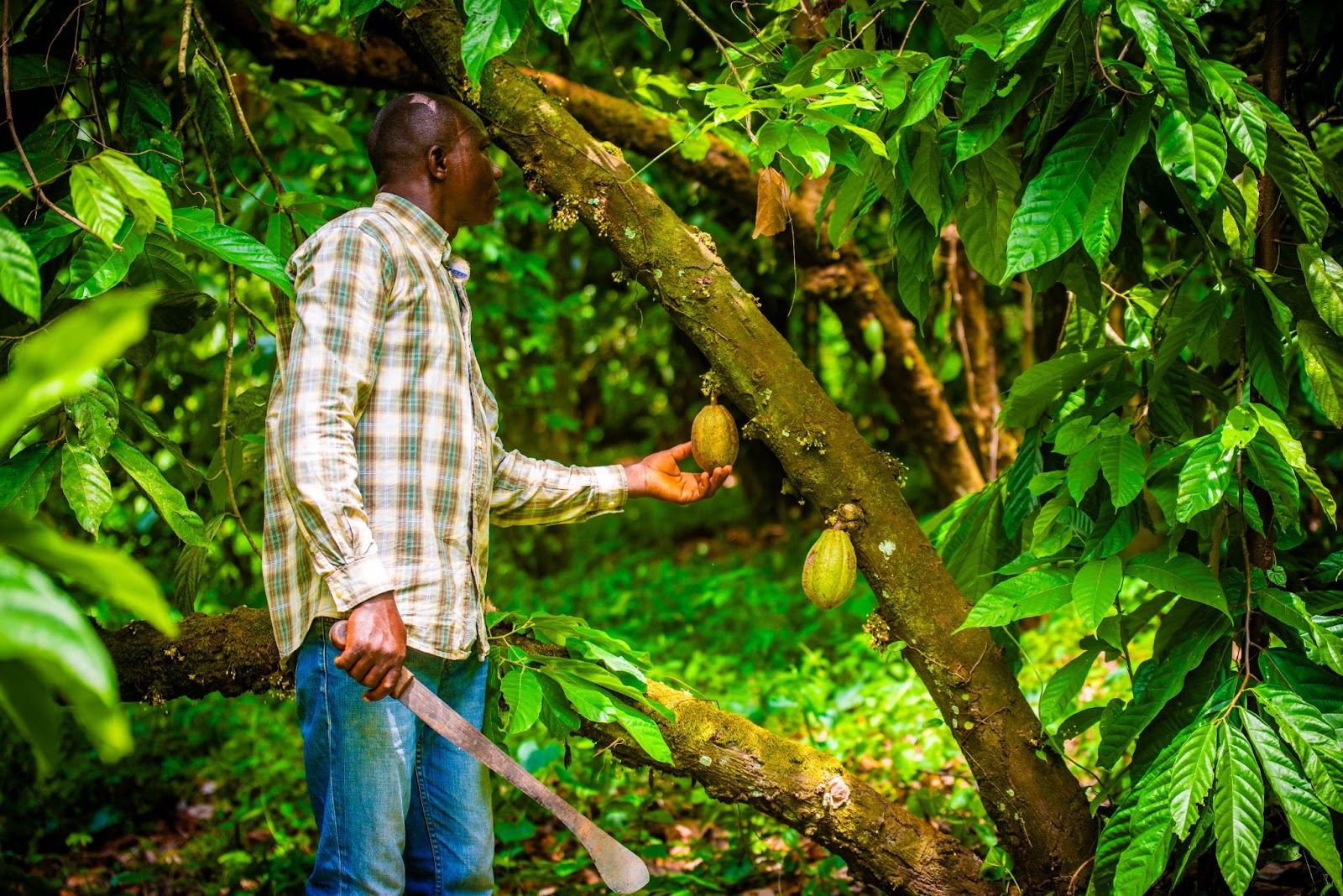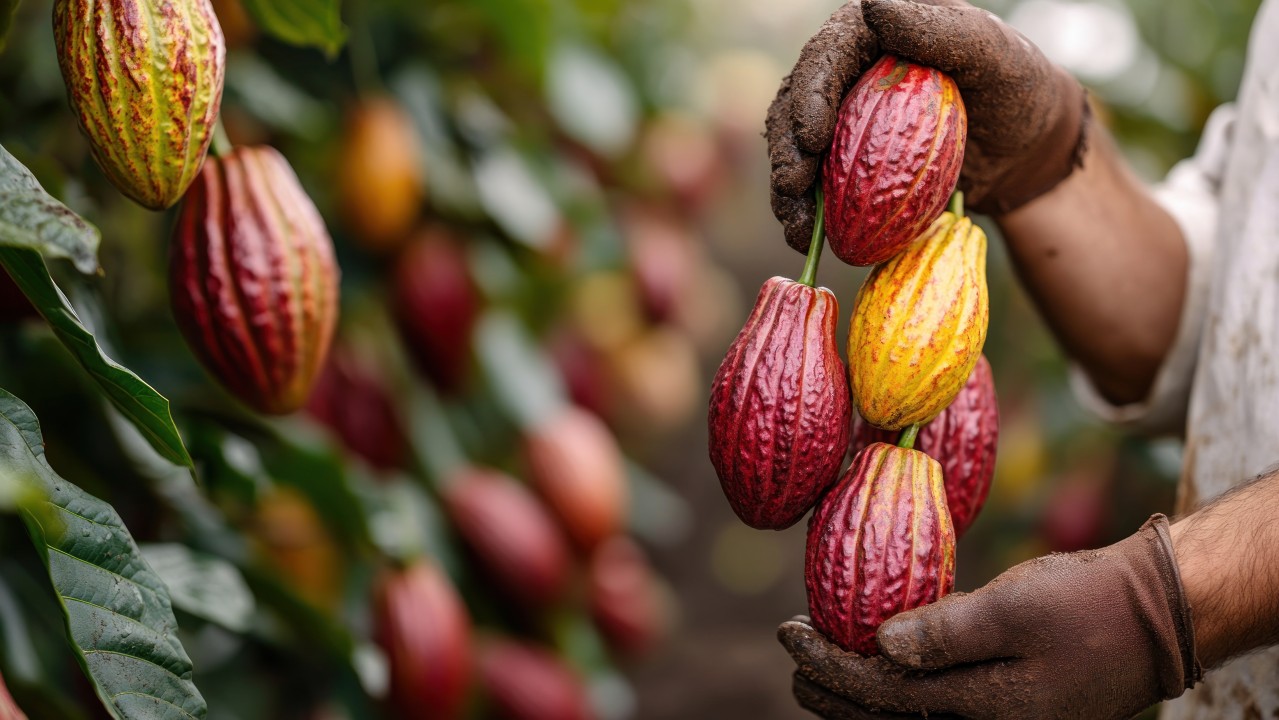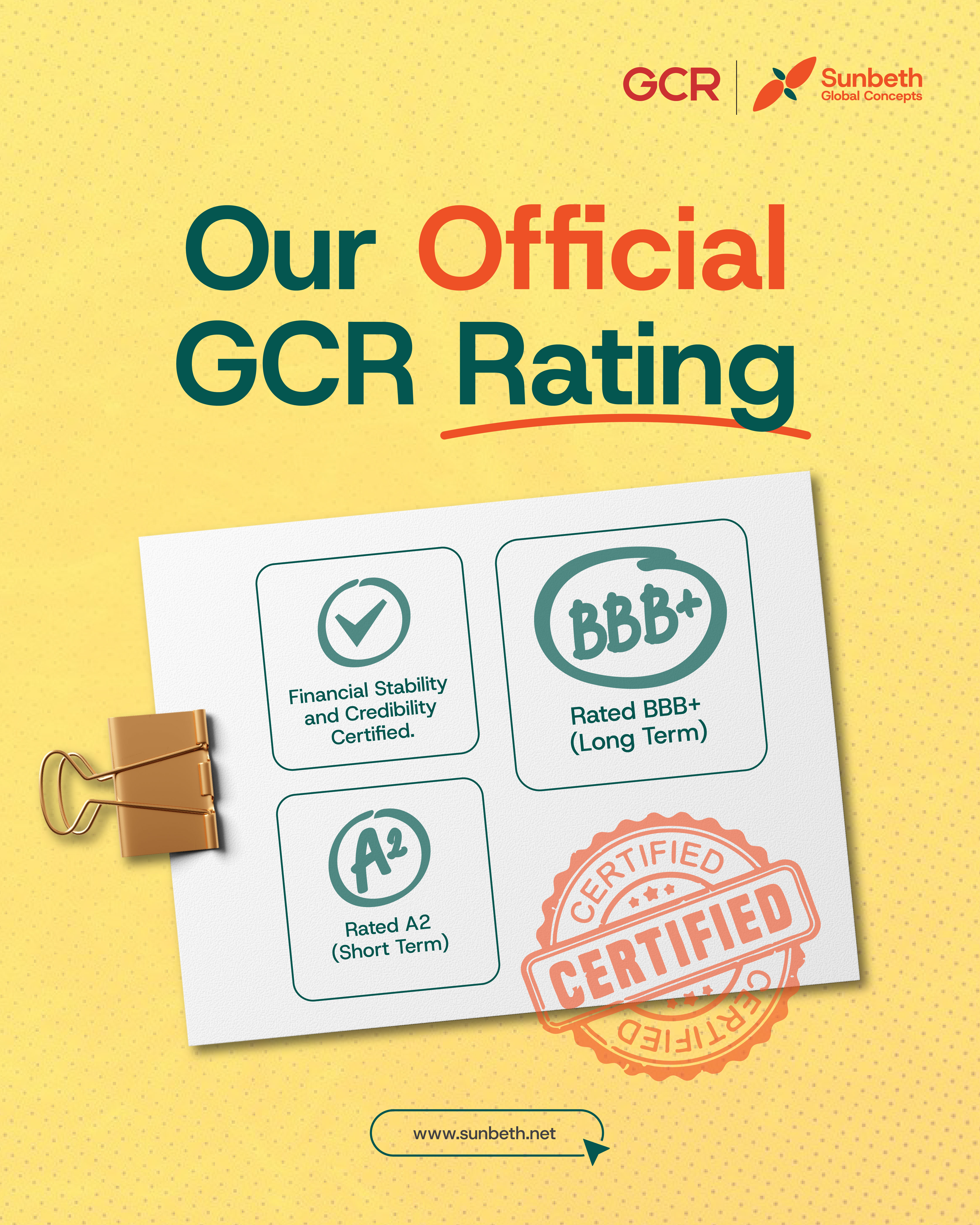Oil exports have dominated Nigerian foreign exchange earnings for years, but cocoa remains one of the country’s largest non‑oil exports, accounting for 5.6 % of Nigeria’s total non‑oil exports in 2023. As we get into the 2024/2025 cocoa season, the potential for cocoa revenue growth is high, with anticipation of a strong harvest season.
The last quarter of every year ushers in a new harvest season for cocoa farmers in West Africa. This highly anticipated period is crucial to the global cocoa industry as it often determines the cocoa market landscape for the following year.
As a result, the cocoa season also holds economic importance to countries like Côte d’Ivoire, Ghana, and Nigeria, which together produce more than half of the world’s total cocoa supply. For these nations, cocoa is more than just a commodity, it is an economic pillar and a key part of the local traditions.
But even with the opportunities, the season also comes with its fair share of downsides. For example, the effects of climate change have contributed to unstable yields, causing cocoa supply to dip and destabilizing the markets. As a result, cocoa processors and consumers have had to bear the brunt of volatile markets and fluctuating prices.
At the same time, concerns about unsustainable labour practices and environmental degradation in cocoa‑producing regions remain headline issues. With all these considerations in view, let’s have a look at the good, bad, and ugly sides of the cocoa harvest season.
The Good: Bountiful Harvest and Economic Benefits
Typically, the new cocoa season is a boom period for cocoa producers and a busy period for distributors with the following benefits.

Economic Boost for Farmers and Communities:
Several local economies within Nigeria and other West Africa rely on cocoa farming for their financial sustenance. For the farmers in these communities, the cocoa harvest season is often the most profitable time of the year.
Beyond the farmers, the harvest season also creates opportunities for jobs in transport, trading, and labour, with thousands of temporary positions opening for those assisting in the cocoa harvesting and logistic processes. This seasonal work spreads economic benefits across entire communities, helping to sustain local economies.
Moreover, cocoa is one of the biggest contributors to Nigeria’s foreign exchange earnings. With cocoa export volumes soaring during the cocoa harvest season, Nigeria often earns significant export revenue during this period, contributing to its overall GDP every year.
Increase in Global Cocoa Distribution:
West African cocoa plays an essential role in the global market, with international companies depending on the season’s harvest to meet their supply quotas and satisfy customer demands. This is why the yield of the cocoa season often influences the cocoa market landscape for the coming year. Nevertheless, cocoa beans are usually in abundant supply during the harvest season making sourcing and purchase easier for chocolate producers.
Overall, the cocoa harvest season brings remarkable returns on investment for farmers and opportunities for distributors, making it a great time for most stakeholders in the supply chain. However, it is like a coin with a good side and another less‑desirable side.
The Bad: Yield Challenges, Price Fluctuations and Quality Issues
While the cocoa season brings economic benefits, it also exposes significant challenges that cocoa farmers and communities face year after year. Climate change, unpredictable market prices, and declining crop quality pose persistent obstacles, threatening the livelihoods of farmers and the stability of the cocoa supply chain. These challenges create a fragile environment, where each season’s success is increasingly uncertain. Here’s a closer look at these harsh realities that come with the cocoa season.
Climate Challenges and Declining Yield:
The cocoa plant is highly sensitive to changing rainfall patterns and increasing temperatures. As a result, the erratic weather conditions caused by climate change are devastating cocoa yields and this situation is becoming increasingly difficult for farmers to navigate.
Plus, climate change contributes to the rising prevalence of pests and diseases – another challenge impacting the farmer’s outcomes and the overall cocoa supply.
Moreover, farmers are already dealing with declining yields from ageing plantations and dying trees. This, together with climate change puts farmers in a dilemma which becomes more pronounced during the cocoa season.
Thankfully, concerned stakeholders are implementing measures to address these challenges. For example, Sunbeth Global Concepts regularly trains and equips its farmers with resources to improve their yield. Some of these resources include high‑yield cocoa seedlings to replace dying trees and eco‑friendly farming inputs to foster growth.

Price Volatility and Dipping Output Quality:
Historically, cocoa prices are notoriously volatile, but the market has become even more unpredictable with triggers such as dipping yield/supply volumes, inflation, and political factors playing a major role.
In addition, many smallholder farmers in West Africa don’t benefit much from cocoa price spikes, as most are locked into unfavourable trading arrangements or lack the bargaining power to demand better prices.
These factors contribute to farmers’ consistent struggles with economic hardship, leaving them to often settle for only a small percentage of the final price consumers pay, and not having enough resources to reinvest in their farms.
Moreover, increasing pressure on farmers to fulfil demand forces them to skip crucial post‑harvest processing steps. This contributes to the circulation of low‑quality cocoa beans in the market. But these low‑quality products attract lesser value, causing the distributors and farmers to lose profit.
In the face of these hurdles, cocoa farmers and communities remain resilient, consistently pushing through each season. But, they still have to deal with additional ethical issues that constitute the ugly side of the cocoa value chain.
The Ugly: Ethical Concerns and Regulations
Economic hardships aside, the cocoa industry in Africa is constantly under scrutiny for ethical violations related to unsustainable production practices such as;
Child Labour
Child labour violation has been a recurring issue associated with cocoa production in West Africa for decades. Many smallholder farmers who can’t afford paid labour recruit family members including children to help with the farming tasks, which can be dangerous and inappropriate for underaged individuals.
Kids With the Support Items Distributed During Sunbeth’s CLMRS Initiative
Unfortunately, engaging children in cocoa farming is sometimes a matter of economic survival for farming families. In other cases, farmers may engage their children in farming to teach them cocoa cultivation. But there’s a thin line between training and child labour which most African farmers often overstep.
The cocoa harvest season exposes this ugly side even more as farmers often engage their children in farm tasks such as pod harvesting, bean extraction, fermentation, drying, and packaging to speed up their harvesting and processing time.
To eradicate child labour in its sourcing network, Sunbeth has initiated a series of child labour remediation initiatives to enlighten parents on the dangers of child labour and support them with resources to give their children quality education.
Deforestation and Environmental Impact:
Cocoa is a major contributor to deforestation and other environment‑degrading practices in Africa. Large swaths of forests have been cleared away to make room for cocoa plantations. This destruction of natural habitats contributes to biodiversity loss, soil erosion, and water pollution, creating an ecological toll that is difficult to reverse.
Thankfully, several measures such as the EUDR are being instituted to checkmate these unsustainable practices, but widespread change is still needed to balance cocoa production with environmental preservation.
To foster this change within its sourcing network, Sunbeth continually sensitizes its farmers on the effects of deforestation and other environment‑degrading practices on the industry. It also encourages sustainable practices such as afforestation and agro‑forestry by distributing shade tree seedlings to its farmers.
Looking Ahead…
The cocoa season is a boom period for most stakeholders in the cocoa value chain. However, it also places the spotlight on the many challenges and unpleasant sides of the industry. As we get deeper into the new season, we’ll see each of the factors discussed come into play and get a better picture of how they affect the overall industry.
With a positive outlook, we anticipate a remarkable cocoa season and hope for a resurgence in the cocoa industry for the coming year.



